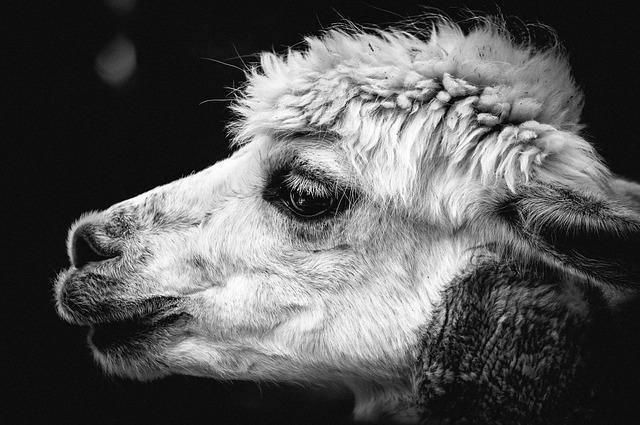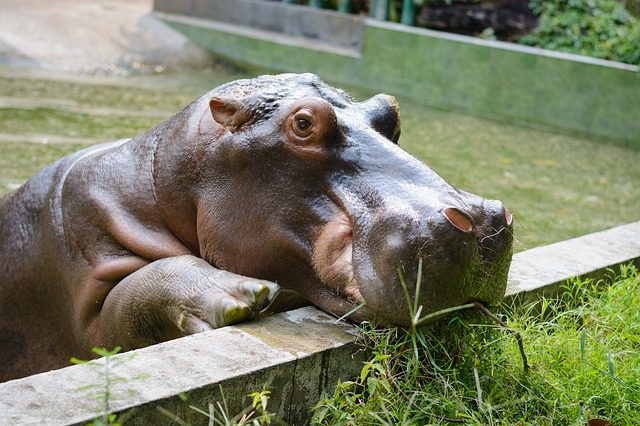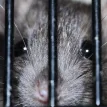
UK coronavirus variant B.1.1.7 may not have evolved spontaneously in the UK or within human populations
“Here we analyzed 454,443 SARS-CoV-2 spike genes/proteins and 14,427 whole-genome sequences. We demonstrated that the early variant B.1.1.7 may not have evolved spontaneously in the United Kingdom or within human populations. Our extensive analyses suggested that Canidae, Mustelidae or Felidae, especially the Canidae family (for example, dog) could be a possible host of the direct progenitor of variant B.1.1.7.”
Biorxiv preprint: Potential transmission chains of variant B.1.1.7 and co-mutations of SARS-CoV-2
** This post was originally published on April 22, 2021 **





